Adult Movies?
X-Rated in British Columbia
On July 11th the Canadian province of British Columbia took the unprecedented step of classifying "Soldier of Fortune" as an "adult motion picture", making it illegal to sell the game to under 18s, and forcing retailers to stock it seperately. The decision gave companies thirty days to contest the ruling.
On August 11th publisher Activision announced that they had mounted a legal challenge to the classification, claiming that the adult rating "undermines consumers' rights of freedom and choice of expression, and sets a precedent for government censorship".
Or does it?
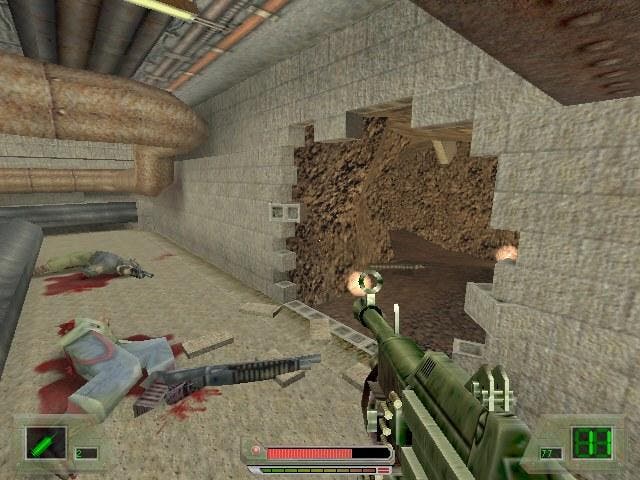
When Is A Movie Not A Movie?
Activision's Maryanne Lataif told us that "Activision believes that the game's classification as an adult motion picture was rendered incorrectly, because the enabling provincial laws are not intended to regulate the distribution, sale, exhibition or classification of video games. We also believe that Soldier of Fortune is not an adult motion picture within the meaning of the law."
The problem is that, like America, Canada has no legally enforceable ratings system to control the sale of gory computer games such as Soldier of Fortune, which was described by its developers as "the most realistically violent game that has ever been done". With no seperate ratings system for computer games, the British Columbia Film Classification Office decided to rate the game as an adult movie instead. While I would be the first to agree that this is not sensible, it is remarkably similar to the situation here in the UK.
Although, as in much of Europe, age ratings can be legally enforced here, the British Board of Film Classification is responsible for providing the actual ratings for computer games with violent or sexual content, as well as for films. It's not a perfect solution, and the BBFC could probably use more staff who understand computer games, but it is a workable system.
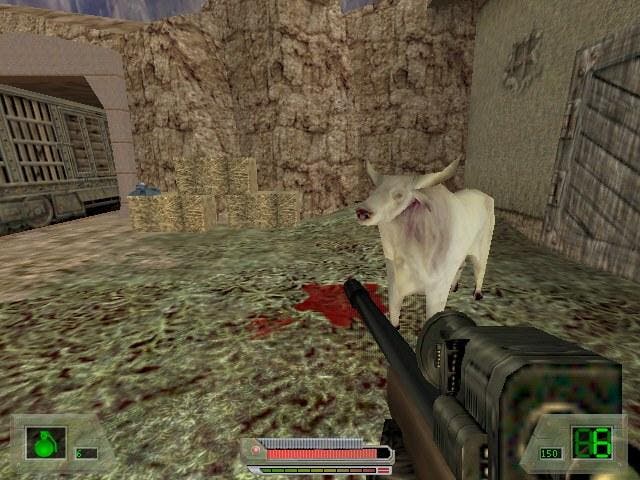
Common Sense Or Censorship?
Activision told us that "we are opposed to censorship, as we believe that every adult has the right to make their own decisions about the entertainment products they want for themselves and their families".
I agree completely, but restricting the sale of Soldier of Fortune to adults is not censorship, it is simply ensuring that children are not able to buy a game which, by the developers' own admission, was not designed with children in mind. If anything it is putting the decision back in the hands of adults, which Activision claims to support.
The computer gaming industry is currently facing a backlash against violence, mostly thanks to the manipulative tabloid media, self-proclaimed experts such as Lt Col David Grossman, and well-meaning but ignorant parents. Making sure that excessively violent games can't be sold to children is important if we are to reassure parents, and to avoid the very government censorship which Activision say they are fighting against.
This appears to be more about profits and inconvience than fighting against censorship. America's "Entertainment Software Rating Board" is supported by the gaming industry, but its ratings are not legally enforced. The ESRB has rated Soldier of Fortune as suitable for mature gamers, defined as anyone over the age of 17, but despite this anyone can still buy the game in most stores, as enforcement is purely voluntary.
British Columbia's adult classification is, however, far stricter. It will make it illegal to sell the game to under-age children, and distributors and retailers wanting to sell it must apply for a license to sell adult material, if they don't already have one. Undoubtedly this will be a nuisance, but that isn't censorship, it is regulation.
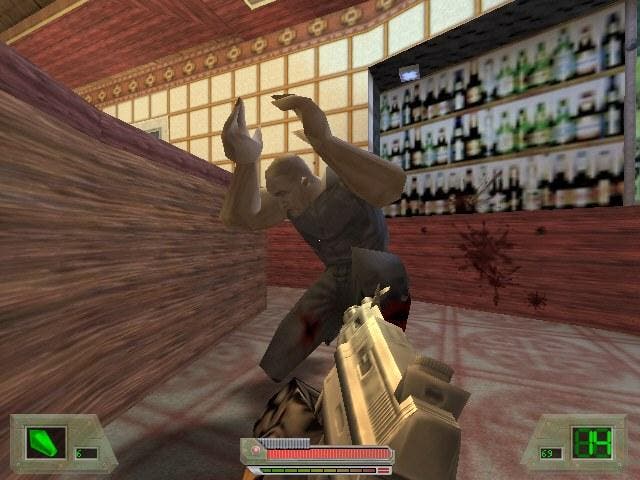
Discretion
According to Maryanne Lataif, "Activision firmly supports the video game industry's rating system regulated by the ESRB. All of Activision's games are subject to the ESRB ratings, and are clearly marked with appropriate age and content classifications and warnings".
"We strongly support very clear communication of video game content at the point of purchase. In the case of Soldier of Fortune, we have placed both the ESRB's "Mature" rating and another prominent warning label on the outside of the box urging parental discretion. With Soldier of Fortune, Activision took significant additional measures to inform consumers of the game's content, above and beyond industry standards. We installed a pop-up screen warning consumers of what would appear, and provided a special violence lock feature that allows consumers to filter the game's computer animated graphics."
But at the end of the day, as soon as anybody attempts to actually enforce those age ratings in their own backyard, Activision complains that it is an attack on freedom of choice. It all seems a little cynical - they are happy to support age ratings, but only so long as it doesn't prevent them from selling adult-rated games to children...
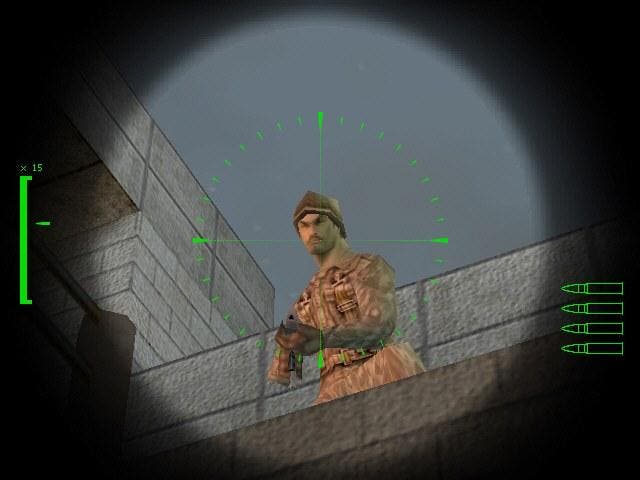
The Future
Activision's response is particularly puzzling given that, just a week after Soldier of Fortune was classified as an adult movie by British Columbia, the province's Ministry of the Attorney General announced that it was working "to develop a new classification system that will protect children from violent video games".
Soldier of Fortune's adult classification appears to be a stop-gap measure rather than a first step towards government censorship, with new legislation which will allow the province to legally enforce computer game age ratings currently being prepared. The government is consulting the gaming industry, and Attorney General Andrew Petter has assured them that "this is not for me, certainly, or for the government an issue of censorship".
And yet only three weeks later, Activision launched a legal battle against the classification, claiming that it was an attack on consumer freedom and a precedent for government censorship. Surely it would be more constructive for them to co-operate with the Attorney General, and to help ensure that the new laws are fair and effective, rather than being confrontational?
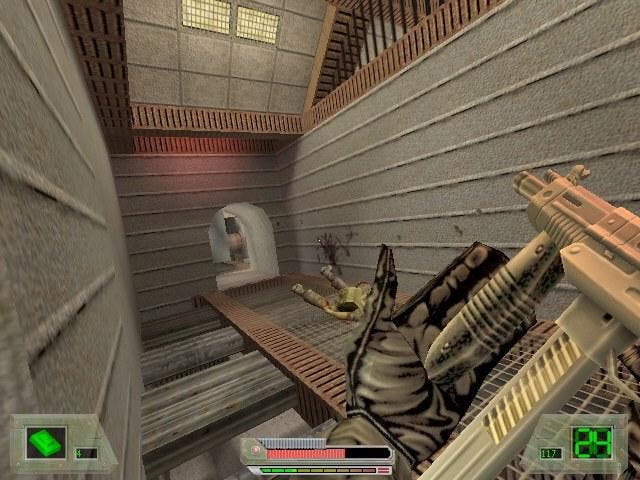
Conclusion
British Columbia seems to realise that describing a computer game as an adult movie, and forcing retailers to get a license to sell pornography to sell the game, is a bizarre situation. They are now working on developing an entirely new classification system for games, which will allow them to enforce the age ratings rather than resorting to extreme measures like those applied to Soldier of Fortune.
In my opinion Activision should be helping British Columbia to enforce the existing age ratings which they claim to "firmly support", rather than trying to escalate the situation by accusing the province of censorship.
John "Gestalt" Bye
-

